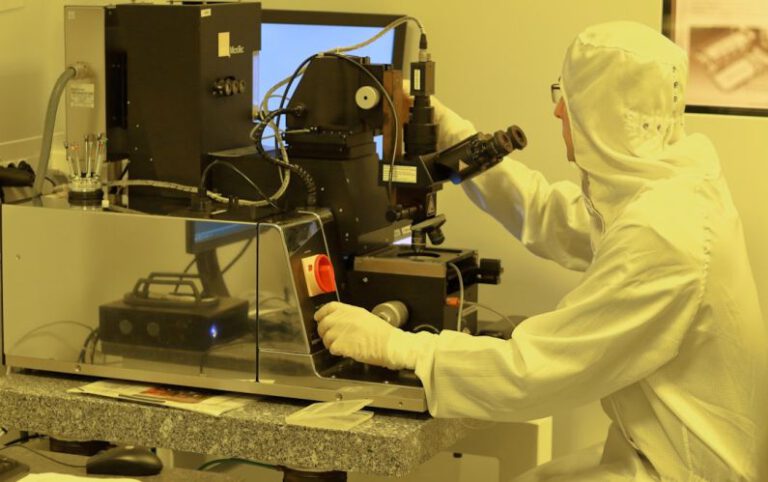How Will Space Telescopes Advance Our Knowledge of the Universe?
Space telescopes have revolutionized our understanding of the universe by providing unprecedented insights into the cosmos. These incredible instruments orbiting above Earth’s atmosphere have enabled scientists to observe celestial objects with remarkable clarity, unveiling mysteries that were once beyond our reach. From the Hubble Space Telescope to the upcoming James Webb Space Telescope, these powerful tools continue to push the boundaries of human knowledge and open new frontiers in space exploration.
Unveiling the Mysteries of the Universe
Space telescopes have played a pivotal role in unveiling the mysteries of the universe, offering a unique perspective on the vastness and complexity of space. By capturing images in different wavelengths of light, these telescopes have allowed astronomers to study distant galaxies, stars, and planets in ways that were previously impossible. Their ability to peer deep into space and back in time has provided valuable insights into the origins of the universe, the formation of galaxies, and the evolution of celestial bodies.
Discovering New Worlds
One of the most exciting contributions of space telescopes has been the discovery of exoplanets – planets orbiting stars outside our solar system. These telescopes have enabled scientists to detect and study these distant worlds, expanding our understanding of planetary systems beyond our own. By analyzing the atmospheres of exoplanets, astronomers can gather crucial data about their composition, climate, and potential for hosting life. This groundbreaking research has opened up new possibilities for finding habitable planets and understanding the diversity of worlds in the cosmos.
Unraveling the Mysteries of Black Holes
Black holes, one of the most enigmatic phenomena in the universe, have long fascinated and perplexed scientists. Space telescopes have been instrumental in studying these cosmic giants, capturing images of black holes and their surrounding environments with unprecedented detail. By observing the gravitational effects of black holes on nearby matter and light, astronomers have gained valuable insights into their properties, behavior, and role in shaping the cosmos. The data collected by space telescopes has shed light on the physics of black holes and deepened our understanding of these enigmatic objects.
Mapping the Universe
Space telescopes have also played a crucial role in mapping the universe on a grand scale, helping astronomers create detailed three-dimensional maps of the cosmos. By surveying large regions of the sky and measuring the positions and distances of millions of galaxies, these telescopes have provided valuable data for studying the structure and evolution of the universe. The intricate maps generated by space telescopes have revealed the cosmic web – the vast network of galaxies and dark matter that form the backbone of the universe. This information has been instrumental in advancing our knowledge of the large-scale structure of the cosmos and the forces shaping its evolution.
The Future of Space Telescopes
As technology continues to advance, the future of space telescopes looks brighter than ever. The upcoming James Webb Space Telescope, set to launch in the near future, promises to revolutionize our understanding of the universe with its advanced capabilities and unprecedented observational power. Equipped with state-of-the-art instruments, this next-generation telescope will enable scientists to explore the universe in ways never before possible, opening new avenues for discovery and pushing the boundaries of human knowledge to new heights.
In conclusion, space telescopes have transformed our understanding of the universe by providing unparalleled insights into the cosmos. From unraveling the mysteries of black holes to mapping the structure of the universe, these remarkable instruments have revolutionized astronomy and opened new frontiers in space exploration. With the promise of even more advanced telescopes on the horizon, the future holds exciting possibilities for expanding our knowledge of the universe and unlocking the secrets of the cosmos.






